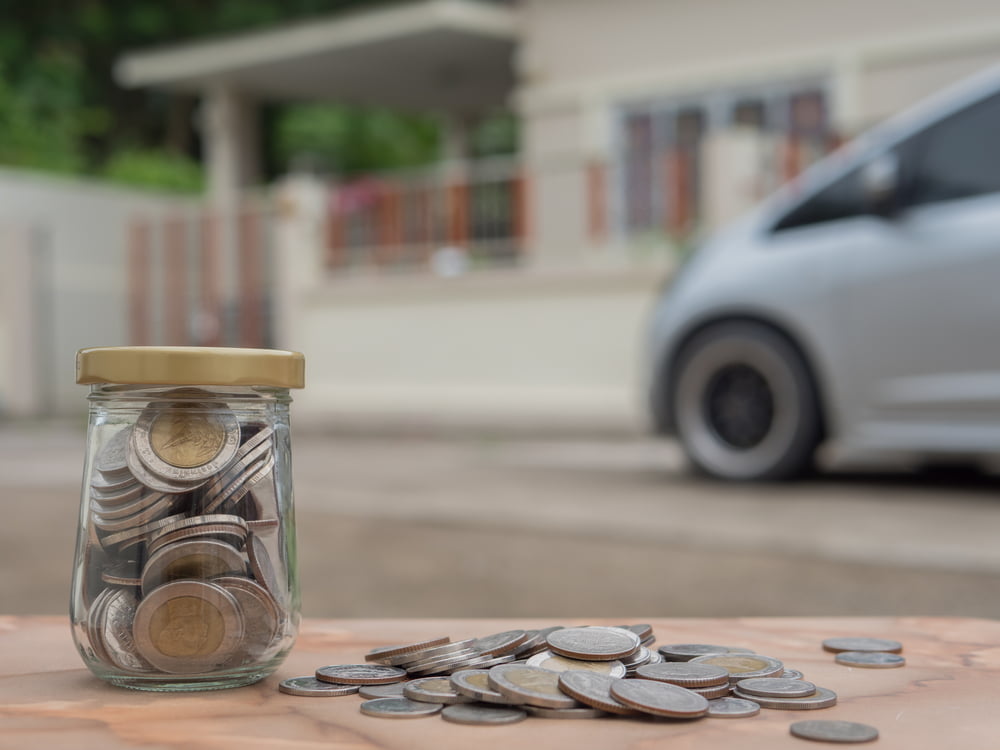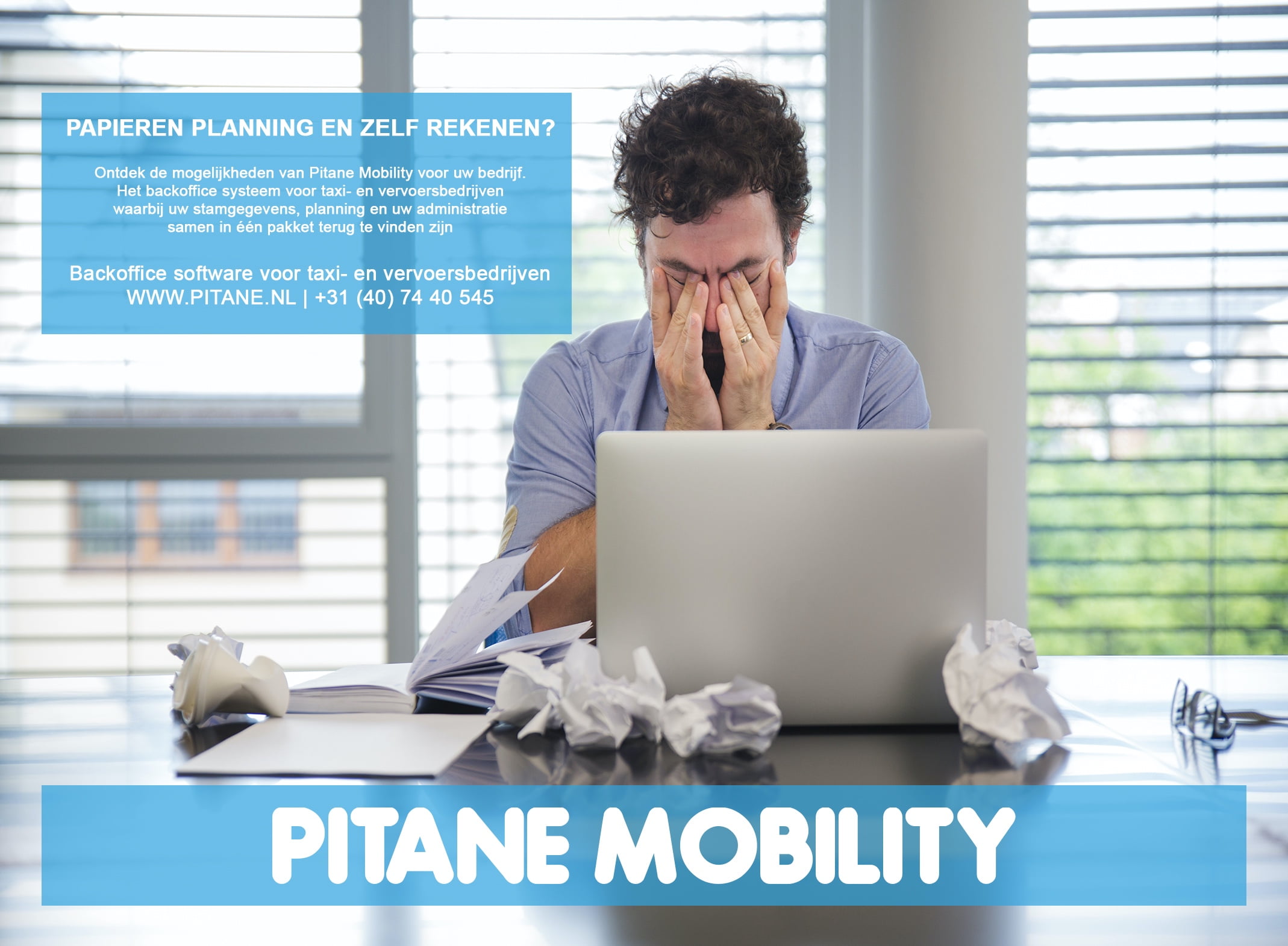"The municipality must do more to help taxi companies purchase an electric car"
Taxis in Tilburg must be electric or run on hydrogen from 1 January 2025. The municipality wants to add the taxi to the vehicles that must comply with the rules for zero-emission zones. These are the zones in a city that polluting cars are not allowed to enter. Most taxi drivers are already struggling financially. A sector that suffered during the pandemic and has now been hit again by high fuel prices. An example where the sector says that if you want to impose such a rule, it is best to give a subsidy. But what about subsidies and repayments?
Grants
When you have subsidy the applicant receives financial support from, for example, the national government, the province or a municipality. This financial support can take various forms. Sometimes people get money, but it can also be that less tax has to be paid. There are also subsidies at European level such as Horizon Europe† It is one of the EU's main funding programs for research and innovation. The effectiveness of all these subsidies is hardly evaluated.
It will come as no surprise that a real industry of subsidy consultants has developed. In the case of somewhat complex applications, the large subsidy advisers declare via hourly rates. The bill can then amount to 10 or 15 percent of the subsidy revenue. Money that goes directly from the government to the account of an intermediary. Smaller agencies are often cheaper. Research shows that checking every subsidy provision leads to high administrative burdens. And so it hardly happens, with all the fraud risks as a result.

A subsidy is a financial contribution that you can receive from a government. They do this because they want to help groups of people or sectors, solve certain problems or stimulate innovations. In addition, many subsidy providers work with deadlines, which means that your application must be submitted before a certain date. It is therefore important to be informed of new regulations in good time and not to miss any deadlines. But beware, you have to repay some schemes.
two decisions
Receiving a subsidy is nice and sometimes indispensable. But if you have to repay that subsidy at the end of the ride, then that subsidy that was so nice at first causes more problems than it has solved. A good example that the taxi sector was confronted with recently was the NOW subsidy scheme (salary costs scheme). Six out of ten companies receive less financial support from the corona virus than they thought and will still run into problems.
The subsidy system is based on two decisions. First, a decision is made, also known as the grant decision, in which the subsidy is determined. That determination decision lists the activities for which the subsidy is provided and the requirements and conditions that the subsidized person must meet. The determination decision is then taken. This second decision actually determines the subsidy. In that determination, it is assessed whether the subsidized person has complied with the requirements and conditions as included in the subsidy award decision. The first decision gives a conditional claim to the money and the second decision converts this conditional claim into an unconditional claim.



